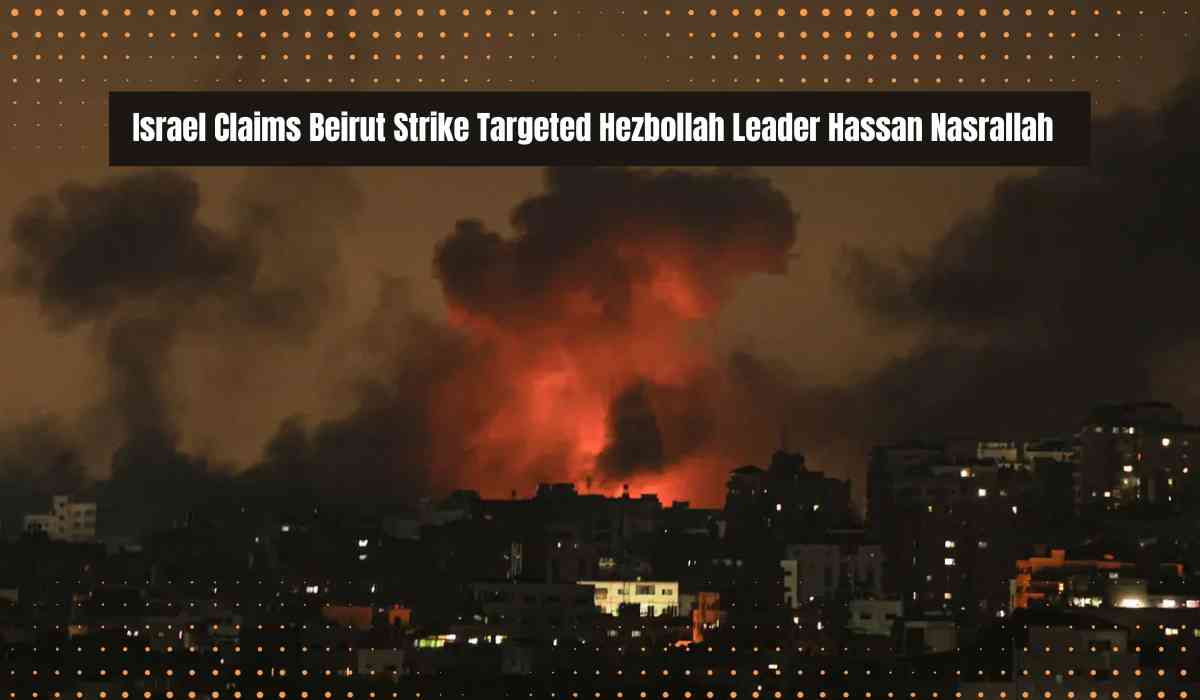Israeli forces have pounded Dahiyeh, the densely populated suburb of Beirut, with a series of heavy airstrikes as part of an effort to Destroy Hezbollah's headquarters and weapons depots. Among the key targets was Hezbollah leader Hassan Nasrallah, whom Israel has said killed him, though this has not been confirmed by Hezbollah yet. Lebanon suffers from the worst damaging air strikes by Israel, while more than 700 civilians and Hezbollah militants have lost their lives this past week alone. More than 20 airstrikes were witnessed in Beirut before dawn on Saturday.
Hassan Nasrallah will no longer be able to terrorize the world.— Israel Defense Forces (@IDF) September 28, 2024
Israeli Targets and Casualties
On Friday, Hezbollah's operatives were targeted, a key hit reportedly was the missile unit.The Israeli military confirmed on Saturday that two Hezbollah commanders, Muhammad Ali Ismail and his deputy, Hossein Ahmed Ismail, were killed in southern Lebanon. Six more people died and 91 were injured in the strikes on Friday, provisional data provided by the health ministry of Lebanon. seven buildings were buildings demolished, Israeli forces claim the sites have been used for weapons depositories. Hezbollah had denied that weapon depots existed in any of the destroyed buildings.
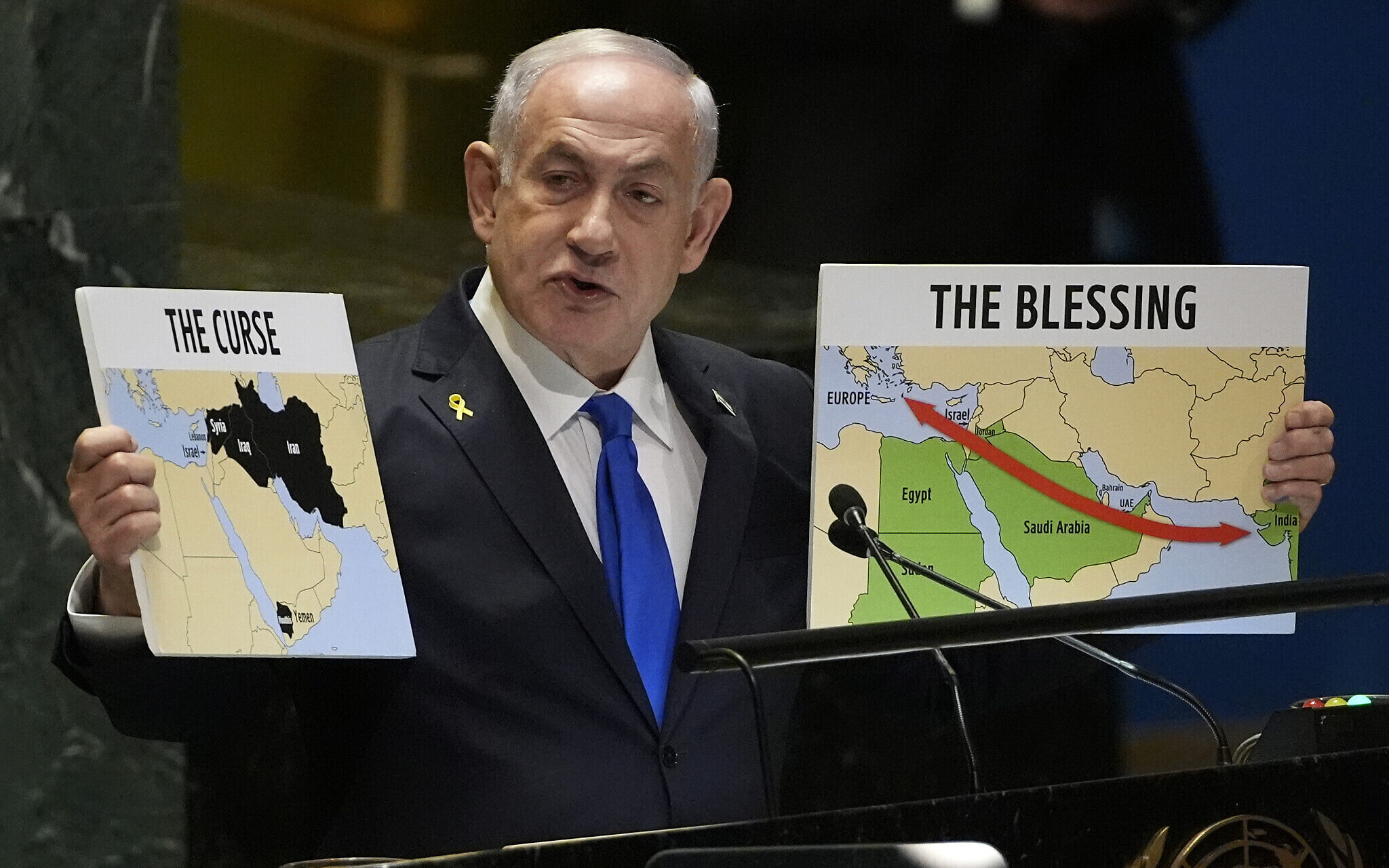
Israeli PM Netanyahu's speech at UN on friday
Israeli Prime Minister Benjamin Netanyahu spoke at the United Nations General Assembly in New York on Friday, showing two maps. In one hand, he held a map of the Middle East where Iran, Iraq, Syria, and Yemen were colored black and labeled as "The Curse." In the other hand, he held a map with countries colored green, including Egypt, Sudan, Saudi Arabia, and India, which he called "The Blessing." What stood out in both maps was the absence of Palestine. Palestine was not shown in either the green "blessing" map or the black "curse" one. Netanyahu explained that the black areas represented Iran and its allies, which he said were the cause of conflict in the region. The green countries, like Egypt, Sudan, and Saudi Arabia, were either current or potential allies of Israel, with some already normalizing relations. In his speech, Netanyahu blamed Iran for the violence in Lebanon, Syria, and Yemen. He pointed to Iran's financial and military support for groups like Hezbollah in Lebanon, Hamas in Gaza, and the Houthis in Yemen, saying that Iran was responsible for creating unrest. He argued that Israel was defending itself against these Iranian-backed groups across the region.
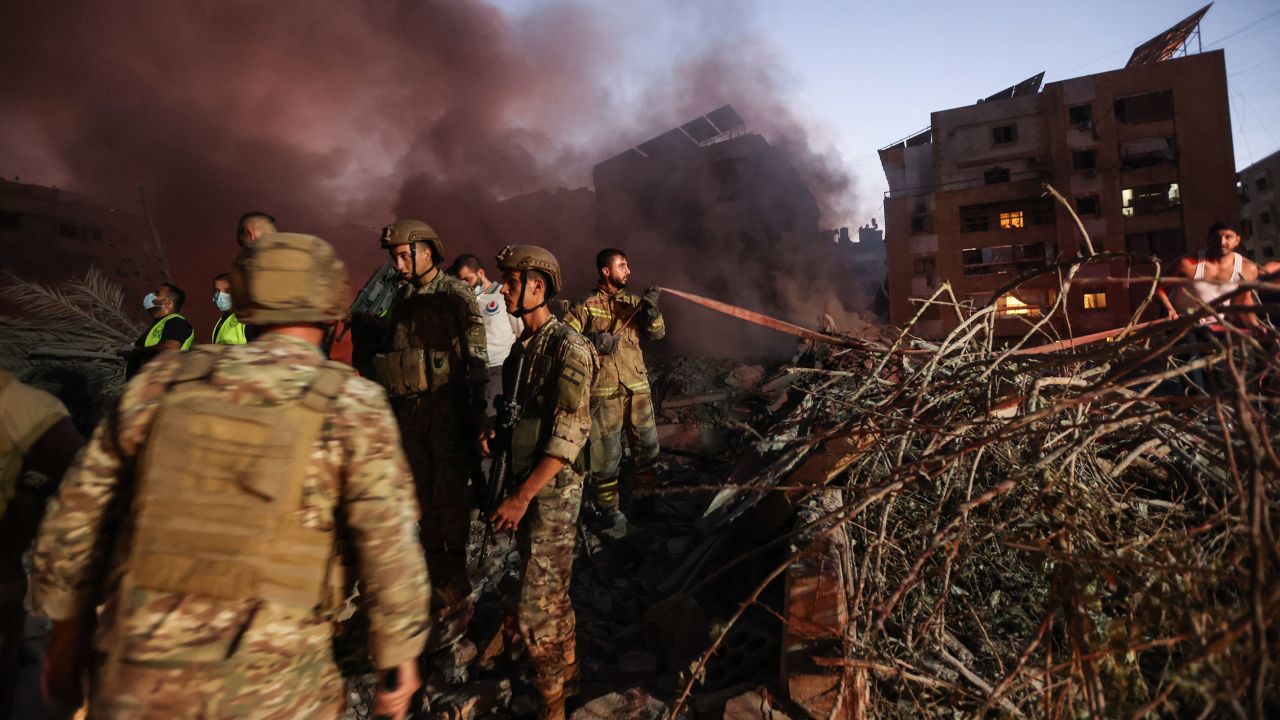
Rising Tensions and Intensifying war
Israeli military indicated it will continue its Attack, announcing its next attacks will be on the Tyre region in southern Lebanon. It said that one of the objectives behind its attack is to neutralize Hezbollah's ability to launch Katyusha rocket against Israel.Israel claims it is targeting "terror targets" connected to Hezbollah, which it believes is a major threat. Iranian President Masoud Pezeshkian condemned the airstrikes on the Beirut's southern suburbs as "a flagrant war crime." He further branded Israel as a terrorism organization as part of the growing international backlash against its actions.
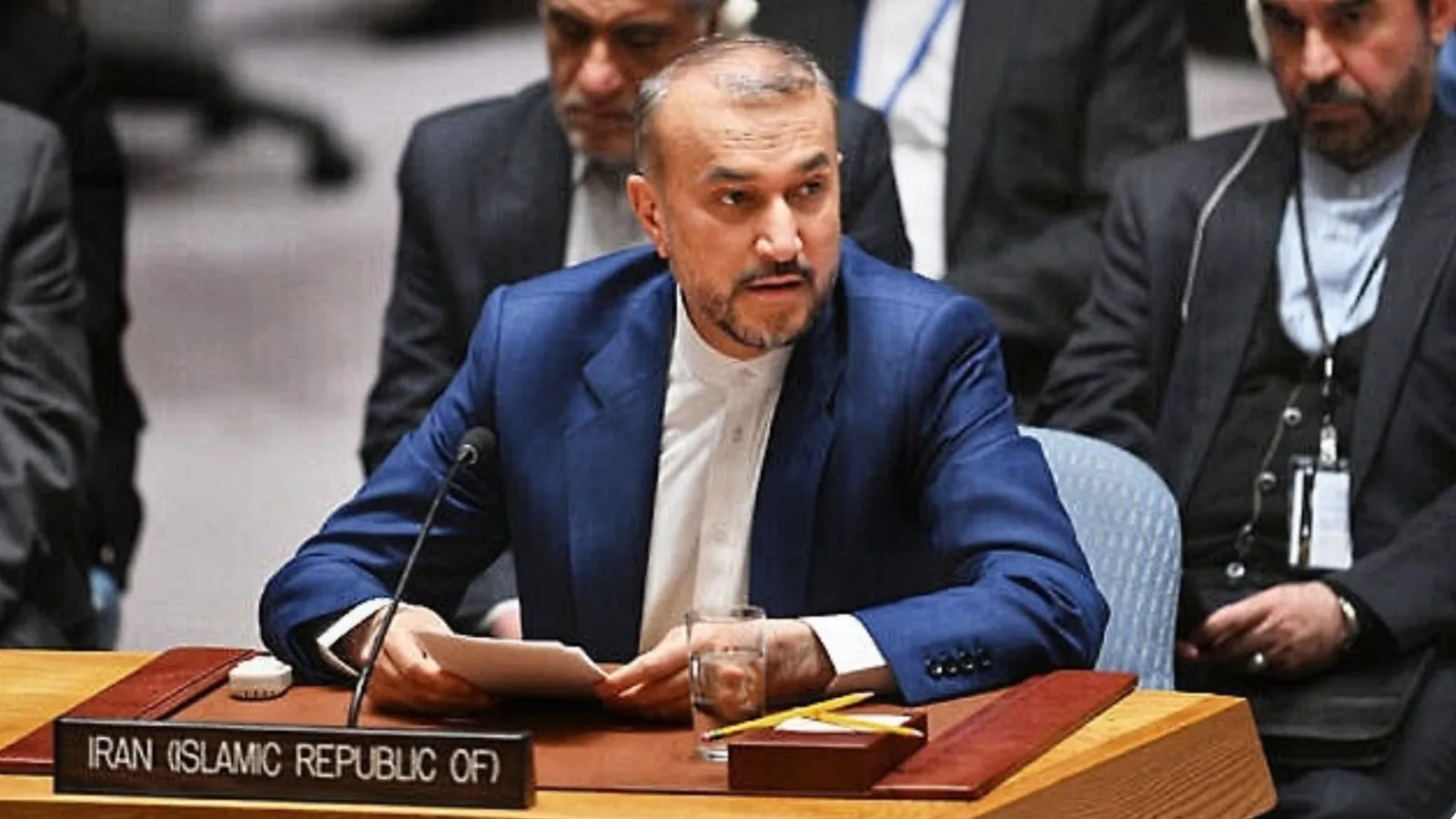
International Reaction and Increased Casualties
The world remains broadly divided as the fight between Lebenon and Israel intensifies. Iran and several other countries criticized Israel's airstrikes, while the United States, one of Israel's closest allies, called for a ceasefire. Iran's foreign minister accused the USA of being "complicity" in what he called "Israeli war crimes." Hezbollah also has not been passive in this war. On Friday, the group fired hundreds of rockets and missiles, which were targeted for Tel Aviv, to counter an Israeli air strikes.
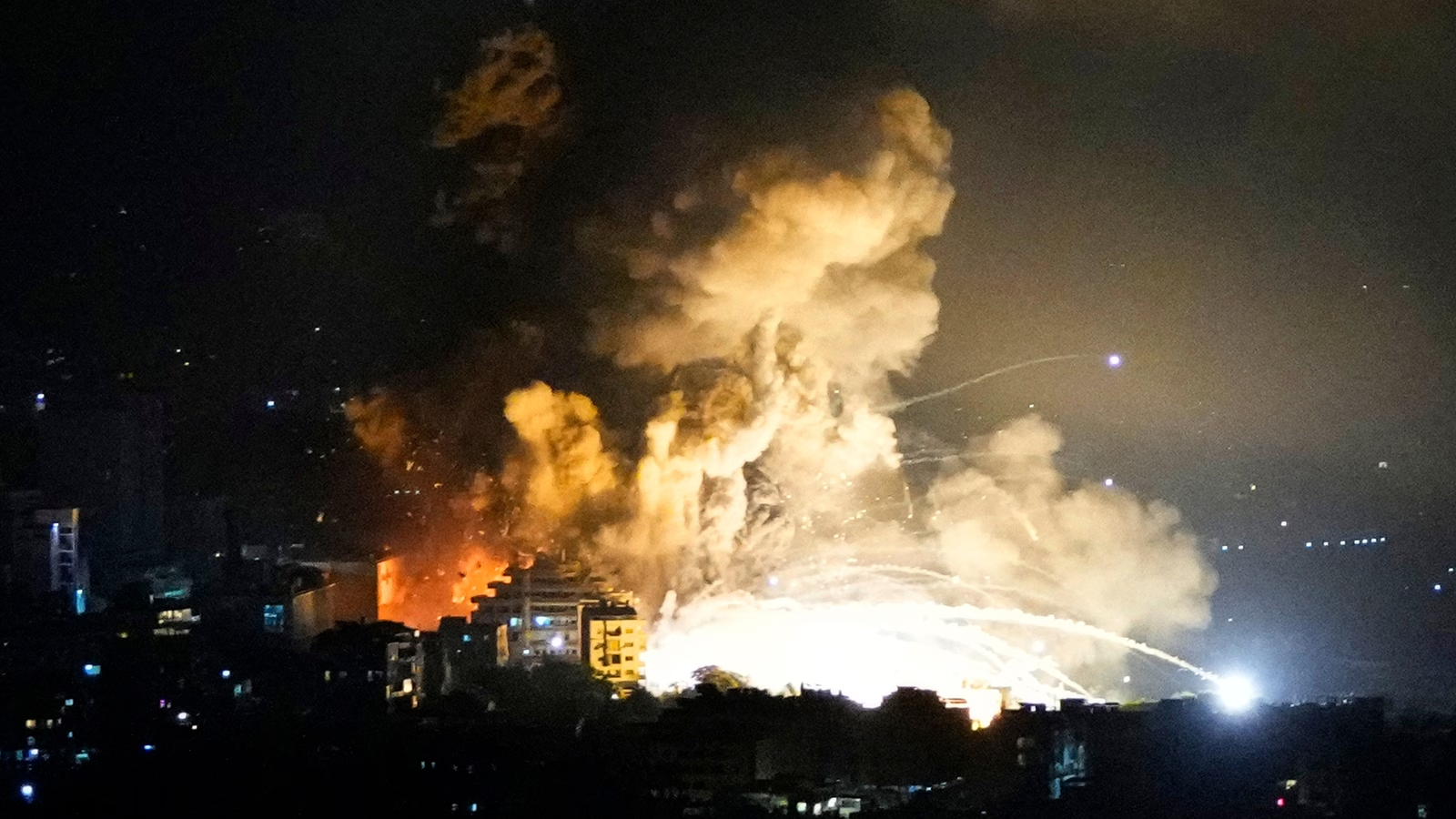
The Bloodiest Conflict Since Lebanon's Civil War
The Israeli military attacks on Hezbollah, has been the deadliest violence Lebanon has witnessed in nearly three decades. In fact, within a week, more than 720 people have been killed, and countless others wounded. The airspace of the entire region has been pounded continuously by airstrikes that made entire buildings levelled and caused mass displacement. This has created humanitarian crisis in that part of the region. Both sides are under mounting international pressure to agree to a ceasefire, and yet no end seems in sight as the war escalates, however, this route appears uncertain since the state of Israel seems determined to nullify Hezbollah's strength and Hezbollah continues to unleash retaliatory attacks.
Inputs by Agencies
Image Source: Multiple Agencies
Ⓒ Copyright 2024. All Rights Reserved Powered by Vygr Media.

